Description
Abstract
This project looks at Political violence and the electoral process in Nigeria, an overview of the 2015 presidential election. The electoral process in Nigeria as in most developing democracies is fraught with several challenges, these spans operational, technological and institutional among several others. In the storied history of electioneering in Nigeria therefore, only two exercises have been internationally acclaimed to be patently creditable, the June 1993 and March/April 2015 general elections. This underscores the onerous responsibility for conducting free and fair elections in Nigeria. The present intervention argues that electoral processes are reflective of the quality of the regulative and constitutive frameworks (institutions) governing society and by extension that the extent to which the independent National Electoral Commission (INEC) can mid-wives creditable elections is dependent upon its own institutional coherence and those of ancillary organization and the legal framework it operates within. The analysis draw upon the voracity effect model (Tornell, and Lane 1999), to underscore the challenges for managing elections in severely fractured polities with weak institutions and will delineate the pitfalls to delivering credible elections in Nigeria. The intervention will draw upon aspects of the 2015 general elections to elucidate its argument of improved institutional capacity of INEC in historical perspective and compare the leadership of the two electoral commissions that have delivered in electoral integrity.

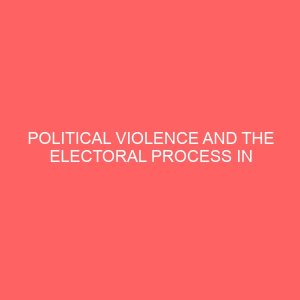


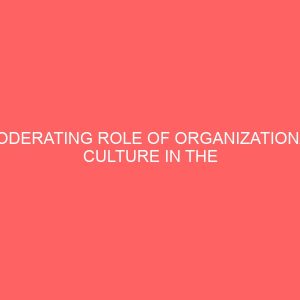
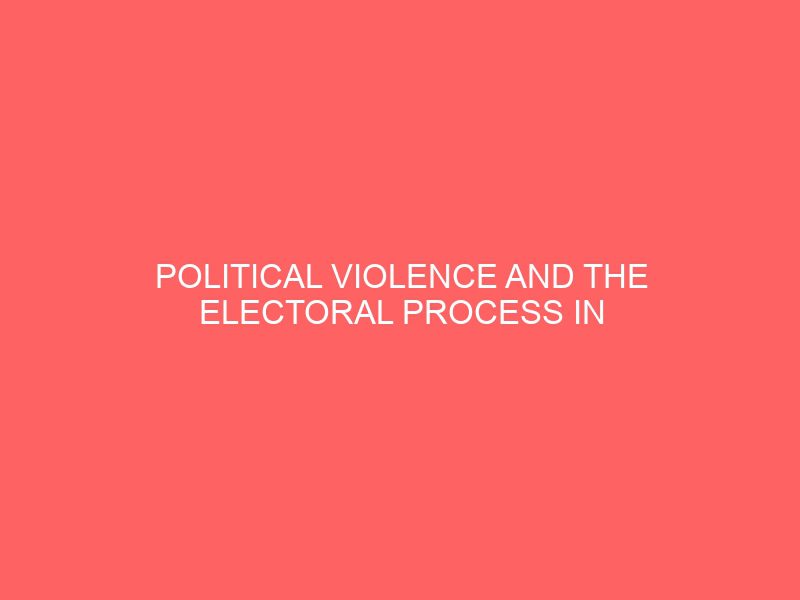
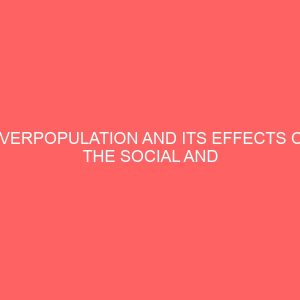
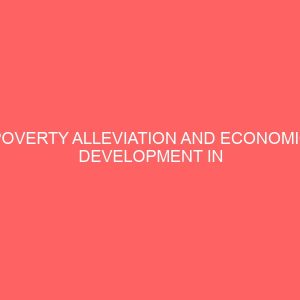
Reviews
There are no reviews yet.